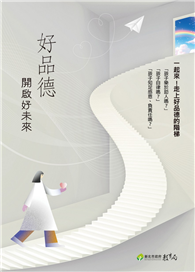There are two different approaches regarding the impact of information and communication technology on the educational system. Some believe that the effect of new technologies is gradual and only makes the transmission of the traditional curriculum more efficient, and in fact, access to information becomes faster. Another approach believes that the entry of information and communication technology into schools fundamentally changes the goals and tools of education. From this point of view, information technology overcomes the structural boundaries of the traditional education system. If the teaching-learning culture in the educational system does not change, the introduction of information technology will not only cause a change, but will lead to the strengthening of conservative educational traditions. Therefore, a change in the traditional school towards a smart school requires a change in the country’s education system, and it will never be possible to set up smart schools unless the structure of the education system is changed.
| FindBook |
有 1 項符合
The Curriculum in Digital Age的圖書 |
 |
The Curriculum in Digital Age 作者:Azad 出版社:Noor Publishing 出版日期:2024-04-03 語言:英文 規格:平裝 / 88頁 / 22.86 x 15.24 x 0.53 cm / 普通級/ 初版 |
| 圖書館借閱 |
| 國家圖書館 | 全國圖書書目資訊網 | 國立公共資訊圖書館 | 電子書服務平台 | MetaCat 跨館整合查詢 |
| 臺北市立圖書館 | 新北市立圖書館 | 基隆市公共圖書館 | 桃園市立圖書館 | 新竹縣公共圖書館 |
| 苗栗縣立圖書館 | 臺中市立圖書館 | 彰化縣公共圖書館 | 南投縣文化局 | 雲林縣公共圖書館 |
| 嘉義縣圖書館 | 臺南市立圖書館 | 高雄市立圖書館 | 屏東縣公共圖書館 | 宜蘭縣公共圖書館 |
| 花蓮縣文化局 | 臺東縣文化處 |
|
|
圖書介紹 - 資料來源:博客來 評分:
圖書名稱:The Curriculum in Digital Age
|











